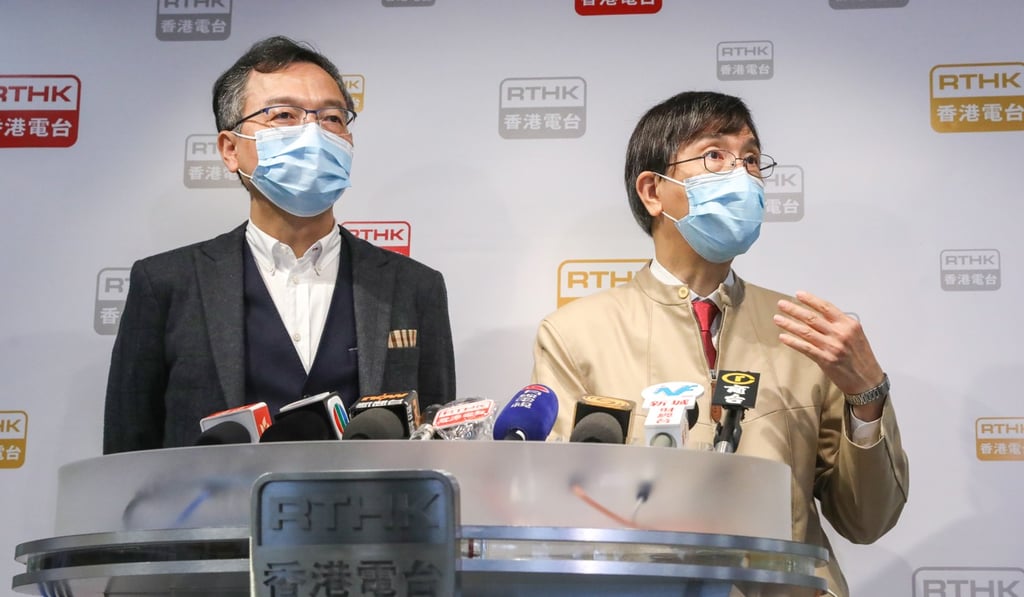Advertisement
Coronavirus: Hong Kong government told to double the number of tests conducted daily amid fears over complacency
- More testing needed to keep track of the virus’ spread in the city, according to two leading figures in the contagion fight
- Top microbiologist calls for all arrivals into Hong Kong from United States and Britain to undergo mandatory self-quarantine
Reading Time:3 minutes
Why you can trust SCMP
0

Medical experts have urged officials to double the number of coronavirus tests carried out daily in Hong Kong to better trace the city’s chains of infection, as they warned the public against Covid-19 complacency.
Professor Yuen Kwok-yung, an infectious diseases expert at the University of Hong Kong, also said the city needed to put everyone returning from Britain and the United States under home quarantine because of an expected surge in cases over the coming weeks in those countries.
Dr Lam Ching-choi, who is one of city leader Carrie Lam Cheng Yuet-ngor’s top advisers, told Commercial Radio that Hong Kong had the capability to conduct 2,000 deep throat saliva samples from as many patients every day, but only about 1,000 were being collected.

Lam, a member of the Executive Council, suggested private doctors should be more proactive in collecting patients’ samples to accelerate the identification of those infected, as well as their close contacts.
Earlier this month, the government extended its laboratory surveillance scheme to all private clinics, although that broadening of testing raised concerns over infection risks, administrative overload and the potential stigmatisation of health centres.
Advertisement